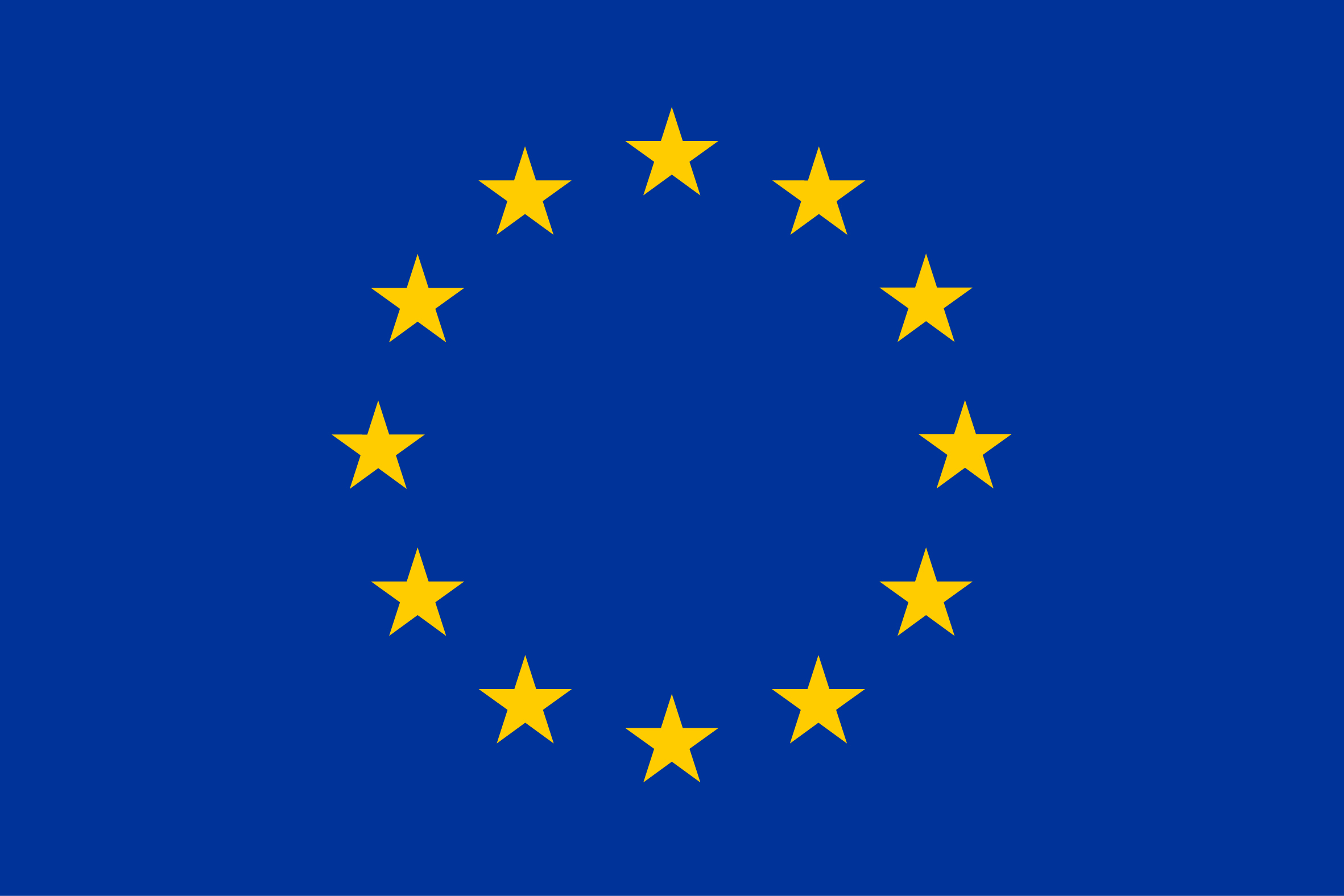
Written feedback to the 6th consultative discussion on the implementation of the EU RMIP for Sub-Saharan Africa
Wetlands International Europe participated in the sixth consultative discussion with CSOs and ALAs on the implementation of the EU RMIP for Sub-Saharan Africa held on 29th January 2024.
We consider the regional action plans for 2024 very relevant and aligned with Wetlands
International Africa’s main strategic goals and actions in each sub-Saharan region.
Key recommendation for the 2024 actions and for the remaining years of the RMIP:
Investing in wetlands to invest in human well-being through EU Wetland Partnerships.
African wetlands are for most African countries the lever of their development. In fact, wetlands are the primary sources of livelihood production through the services provided by the ecosystems linked to them (agriculture, livestock, fishing, wood production, ecotourism, etc.).
From the point of view of pressure and acting force, among the threats, there are the pressure of irrigation in agriculture, land colonization, urbanization, pollution and hunting. Climate change, poverty marked by the human development index generally below 0.5, and leading to overexploitation of natural resources, high insecurity and social instability, poor governance, strong demographic growth and finally the rural exodus are additional pressures.
We need to act now to ensure that these precious ecosystems can be a tool to achieve climate and biodiversity goals, but also a support to sustainable economies and societies in Africa.
Our vision is that the European Union, its members states and partner countries commit to cooperate closely through Wetland Partnerships to sustainably manage and restore the world’s most important wetlands, to reduce their degradation and to contribute to sustainable, inclusive economies and societies. The Partnerships would be tailormade, demand-driven and aligned with the specific situations, needs and objectives of each of the signatory countries and will help enable their global commitments.
The main objective of the Wetland Partnerships will be to protect, restore and/or ensure the sustainable use of wetlands, in a comprehensive and integrated way to reversing their degradation in supported countries and consequently enhance climate and biodiversity protection.
For additional recommendations, download our feedback:
